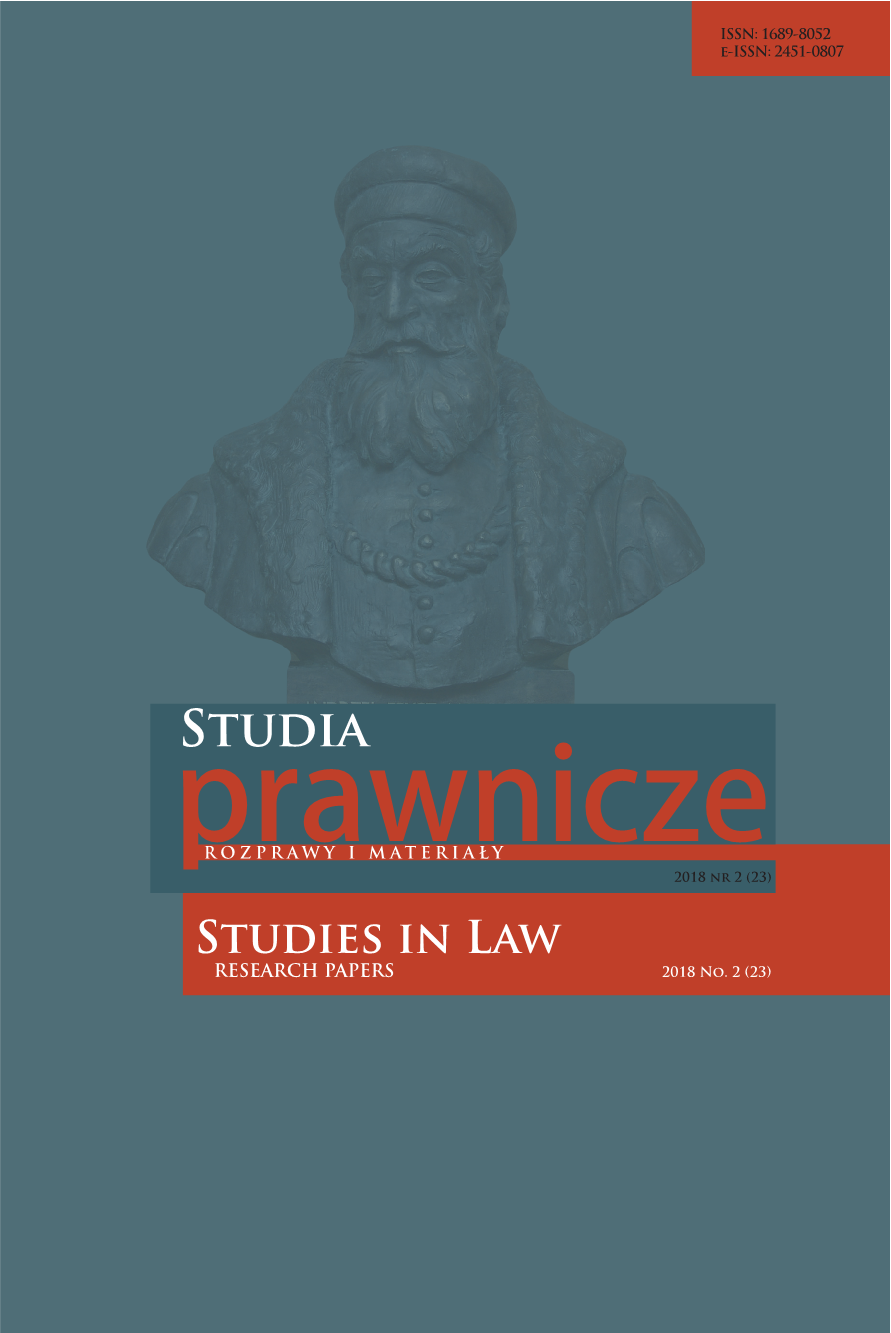Jakość zmian prawa o szkolnictwie wyższym a orzecznictwo Trybunału Konstytucyjnego
The quality of changes to the law on higher education and the jurisprudence of the Constitutional Tribunal
Author(s): Agnieszka Bednarczyk-PłachtaSubject(s): Education, Law, Constitution, Jurisprudence, Constitutional Law, Higher Education , State/Government and Education
Published by: Oficyna Wydawnicza AFM Uniwersytetu Andrzeja Frycza Modrzewskiego w Krakowie
Keywords: universities; changes in law about higher education; the Polish Accreditation Committee (PKA) qualifications; supervisory competences; external relations; Constitutional Tribunal;
Summary/Abstract: On the basis of the Polish law about higher education, which was in force until the introduction of the present law about higher education and science, we can clearly see the tendencies and habits of the legislator in terms of the manner and quality of lawmaking. This publication is a kind of introduction to the analysis of new regulations, because without reference to what was, the regulations introduced in the new “Act 2.0” may seem only unconstitutional. This is alarming because by comparing the way changes are made in the previous legal and current state, it is clear that the legislator does not aim to create law in accordance with applicable standards, and also does not learn from mistakes. Constant changes in the law about higher education affecting the status of these entities and the way they operate under public law have not contributed to the wider opening of the discussions on the status of higher education institutions, as public administration entities, nor the quality of the created law. Since the adoption of the current law on higher education from 2018, the previous law has been changed over 30 times. The aim of the article is to indicate the mechanisms of the legislator’s actions, which, contrary to the legislative technique and suggestions of the Constitutional Tribunal (Trybunał Konstytucyjny, TK), changed the law in the previous legal state, which directly affects the current regulations. The legislative chaos, introducing and removing law institutions and solutions in isolation from their functioning under administrative law and the sense of justification of the Constitutional Tribunal, lack of stability and consistency in adopting new solutions, adversely affects not only the condition of science and higher education, but also difficulties in revision of current views of doctrine and case law on this subject.
Journal: Studia Prawnicze: rozprawy i materiały
- Issue Year: 23/2018
- Issue No: 2
- Page Range: 105-123
- Page Count: 20
- Language: Polish

